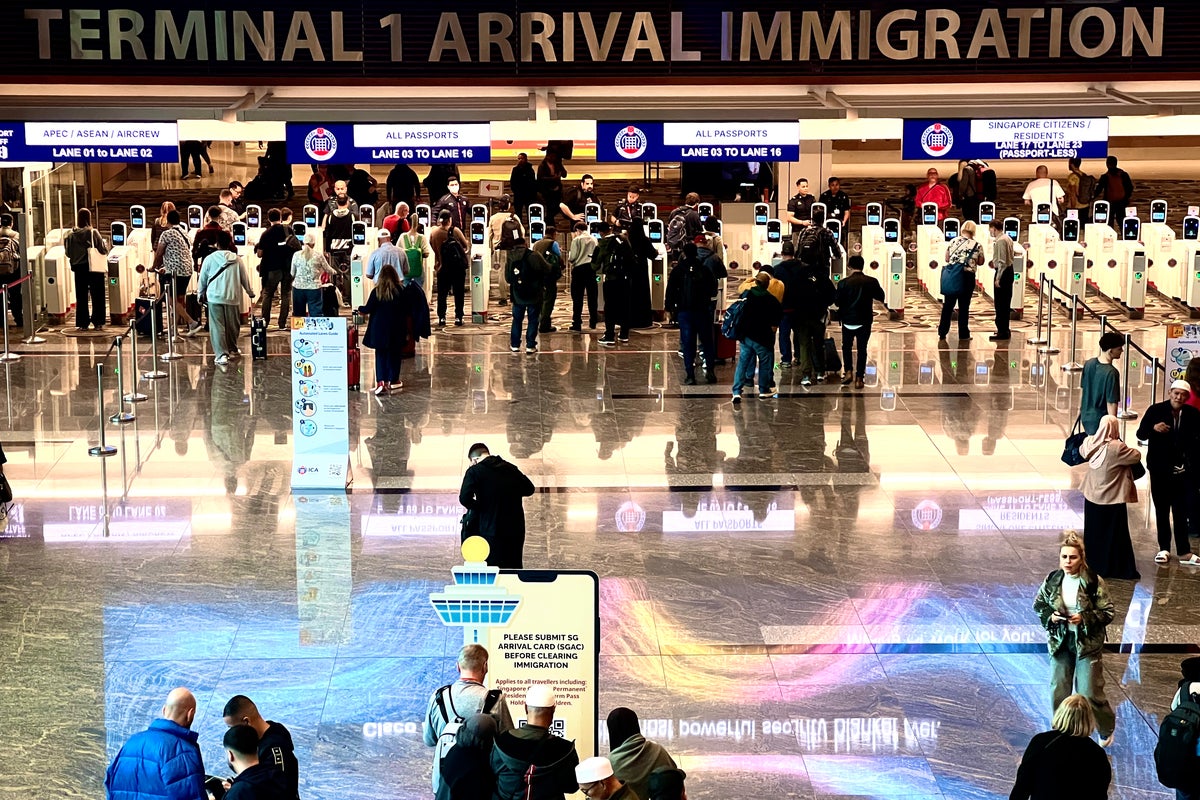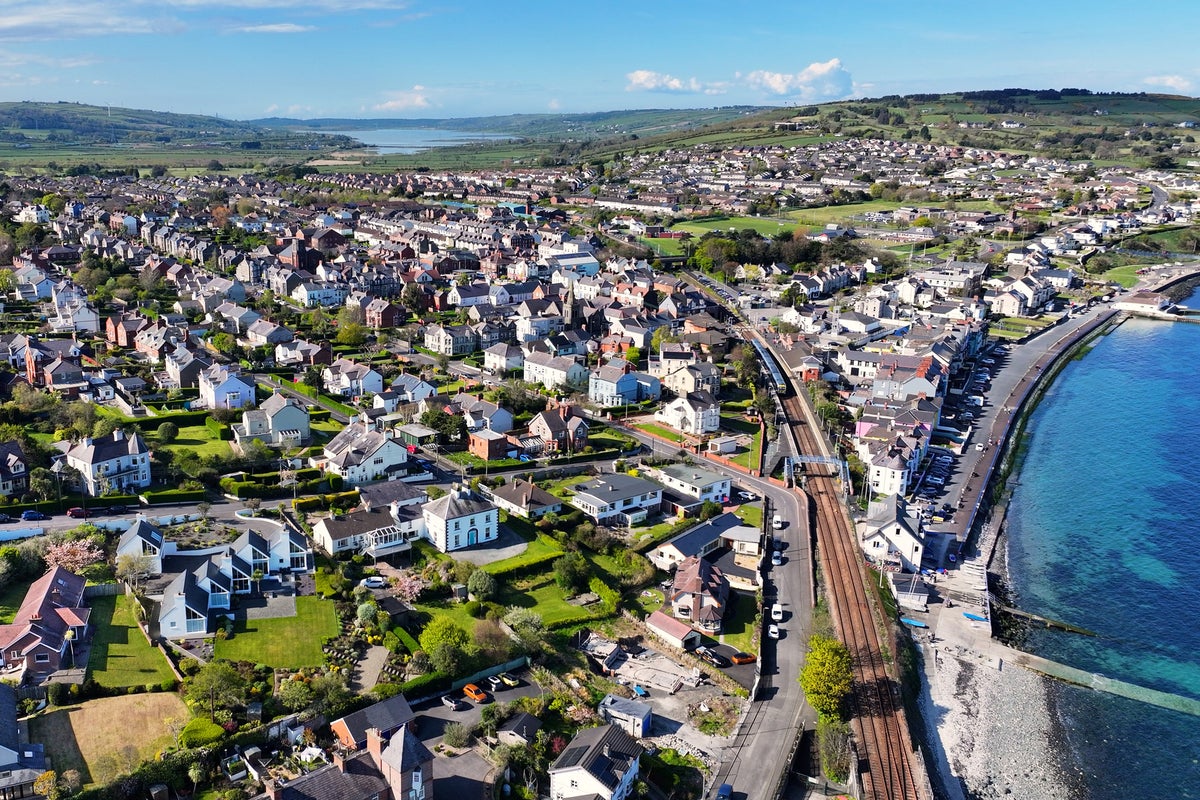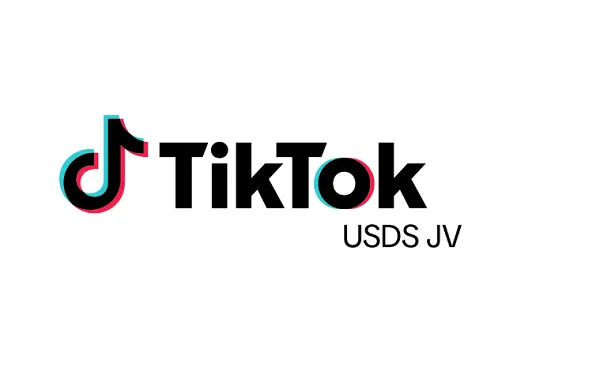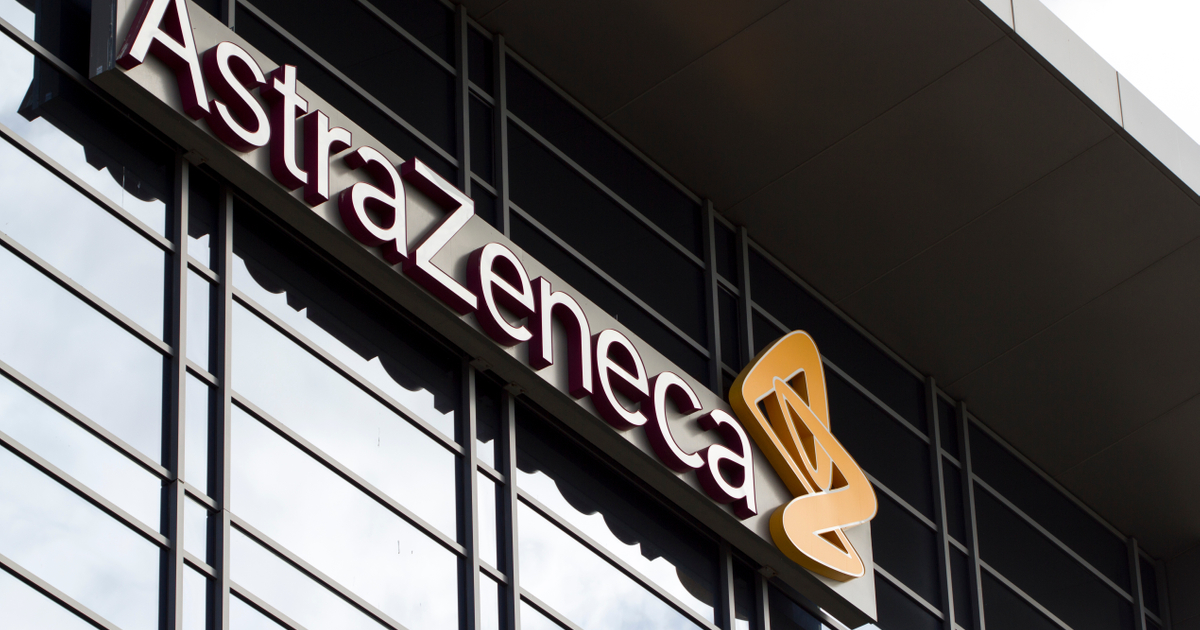Time to bin the boarding pass? How your face could soon be your ticket to ride in airport revolution
The Man Who Pays His Way: The full-scale digital revolution will arrive at an airport near you in the early 2030s

“New airport rules will get rid of boarding passes and check in” – that’s the headline of an article in The Times about how digitisation will smooth journeys.
No need to check in, no boarding pass, and the ability to pass through airports using only their face for verification – and all within two to three years.
But how realistic is the timeframe – could technology revolutionise journeys by the summer of 2027? Well, I have been travelling since paper plane tickets were still a “thing”, so I believe I can advise.
A brief history of the airport experience
Initially, plane tickets were painstakingly handwritten, and each passenger was handed a booklet containing the “coupons” for their journey. For the whole of the 20th century, it was necessary to line up at airport check-in and hand over the booklet. The check-in agent would rip out the appropriate coupon and give you a boarding pass – which itself may have been handwritten.
In the late 1990s, various tricks were deployed to try to accelerate the process, such as phoning the airline and talking to an agent.
As online booking spread across the world, it became possible to check in ahead of travelling to the airport rather than lining up.
The revolutionary step was in 2009, when Ryanair declared everyone had to check in online – or pay a £5 penalty at the airport, which has since risen to £55. While most airlines still allow you to check in at the airport for free, passengers overwhelmingly prefer to get their boarding passes in advance.
Do we actually need check-in?
Good question. The check-in process has always struck me as a bit weird and locked into 20th-century processes when you had to physically collect a boarding pass.
You buy a ticket because you want to travel on a particular flight on a specific day. Surely you should get whatever token you need to make that journey – typically a QR code – as soon as you buy? To add another step, effectively saying, “Yes, I am definitely going to fly,” looks pointless.
The technology firm Amadeus and the International Civil Aviation Organisation (ICAO) are clearly of the same view. The hope is that you will receive your so-called “journey pass” the moment you book. The pass will be stored on your phone and can be updated automatically without you needing to do anything if the schedule or your or the airline’s plans change. For example, in the event of a repeat of the Heathrow fiasco on 21 March, when more than a quarter-million passengers had their flights cancelled after a power failure, your journey pass will be updated with a replacement flight.
The actual pass should not be needed for the journey through the airport. A massive database has been expecting you and will clock you as soon as you walk in ...
So my face is my fortune in the future?
Yes. The airport and airline tech should converge with your passport, which will, in time, be a digital document. You will simply smile your way through the barriers: into security, through duty-free and at the departure gate. Actually, don’t smile: a frown will get you further faster, at least in an airport, if not in life.
Decius Valmorbida, president of travel for Amadeus, says the airport experience will feel far easier: “Biometric touch points essentially will grant you access to where you need to go next. You don’t even need to have gates – you could have a free flow. As you walk through the hallways with cameras, they are scanning your face, and that is providing the information if you are allowed to be going to that direction.”
What about passport control?
Digitisation is already happening. Singapore airport has kiosks to clear travellers through passport control in seconds, and many other airports – including Sydney and Melbourne – are employing similar technology. Recently, I cleared Australian immigration at Melbourne, from aircraft door to taxi, in nine minutes flat. Facial recognition is now so good that US Customs and Border Protection has largely given up fingerprinting arriving passengers – and even checking their physical passports.
Any downsides?
As you may have noticed, technology is not infallible. Many passengers feel more comfortable printing out a copy of the boarding pass rather than relying on their smartphone keeping its charge, and also feel happier having a physical passport that won’t run out of juice. But as Covid travel restrictions showed, aviation and governmental processes are increasingly digital only.
When is this going to happen?
While individual countries and airports will be making technological leaps in the next few years, what is needed is convergence and standardisation. Valmorbida says: “We project that in the next seven to eight years, all airports are going to be equipped with this. The part that is probably moving a bit slower than what we expected is – as always – every government that is looking into creating their own standard.
“The question is: why can’t we go into an international standard where all digital passports respect the same type of process? But I think it is going to be available in the next decade for sure.”
What has Amadeus got to do with this?
“The underlying need for all of these things to come true is: you need to have a single source of truth,” says the travel tech guru. “You need to evolve your travel record into something that can be shared across multiple providers and governments so that the customer doesn’t need to identify himself or herself multiple times.
“Where do you put all of that database, and who needs to be behind all of those transactions? Amadeus aspires to power the best brands on the planet. So in the case of the UK, we’re talking about British Airways, we’re discussing with Heathrow airport, we’re discussing with Gatwick. We are present in all of these touch points.”
Listen to Simon Calder’s travel podcast with Decius Valmorbida of Amadeus

 JimMin
JimMin 































